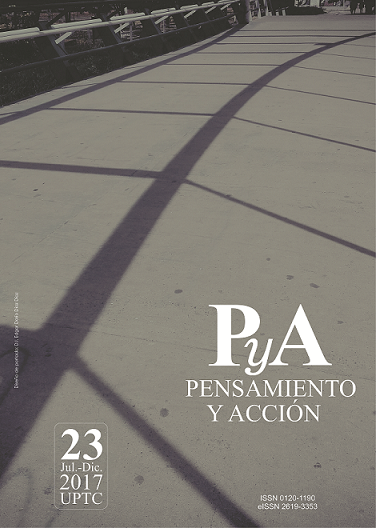Speech and Pedagogy: between two powers

Abstract
This article is an approach to two different points of view of the use of discourse on the relationship between power and pedagogy. In the first place some ideas of the sociologist and pedagogue Basil Bernstein are examined, who considers that the production, reproduction and transformation of culture originates thanks to what he calls "the internal orderings of the pedagogical device". Their concepts of "code", "pedagogical device", "distributive rules", "recontextualization rules", "evaluation rules" and "symbolic control" are mainly considered. Next, we analyze the key concepts that Michel Foucault emphasizes when establishing the relationship mentioned as: "disciplinary power", "hierarchical vigilance", "normalizing sanction" and "examination". For this philosopher, the school is one of those institutions that help to configure the subject of the "society of normalization". With this analysis, we arrive at some conclusions that allow the reflection about the use of the pedagogical discourse as guarantor of an alleged formation of autonomous and free subjects.
Keywords
power, symbolic control, pedagogy, discourse, context, normalized
References
Bernstein, B. (1993). La construcción social del discurso pedagógico. Madrid: El Griot.
Bernstein, B. (1994). La estructura del discurso pedagógico. Clases, códigos y control. Madrid: Morata.
Díaz, M. (2001). Del discurso pedagógico: problemas críticos. Bogotá: Nomos.
Foucault, M. (1985). Vigilar y castigar. Nacimiento de la prisión. A. Garzón del Camino (trad.). México: Siglo XXI.
Foucault, M. (2000). Defender la sociedad. Curso en el Collège de France (1975-1976). México: Fondo de Cultura Económica.
Foucault, M. (2007). Un diálogo sobre el poder y otras conversaciones. M. Morey (trad.). Madrid: Alianza.